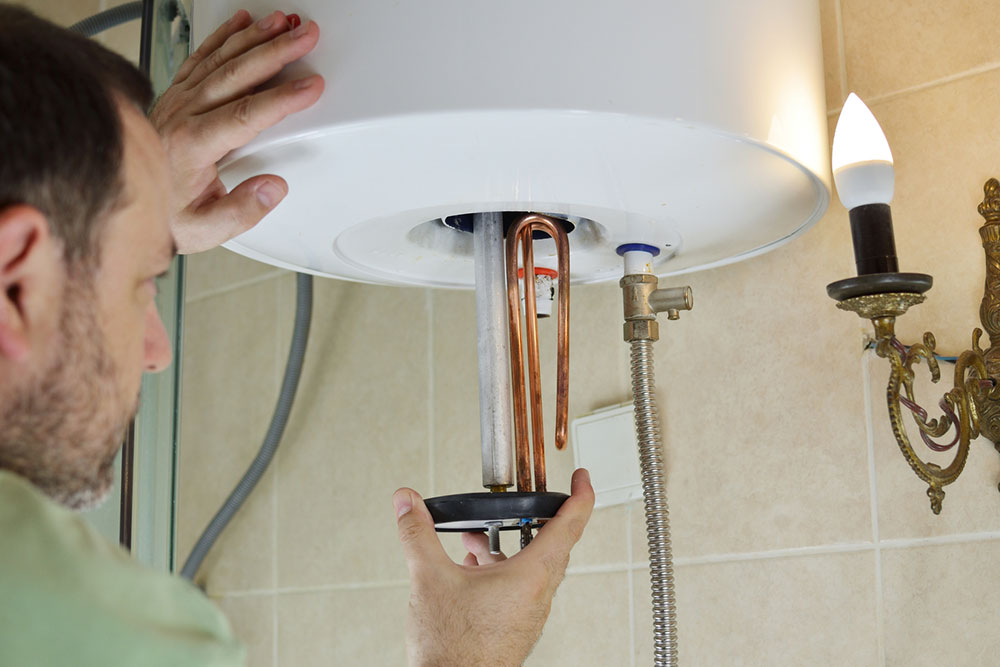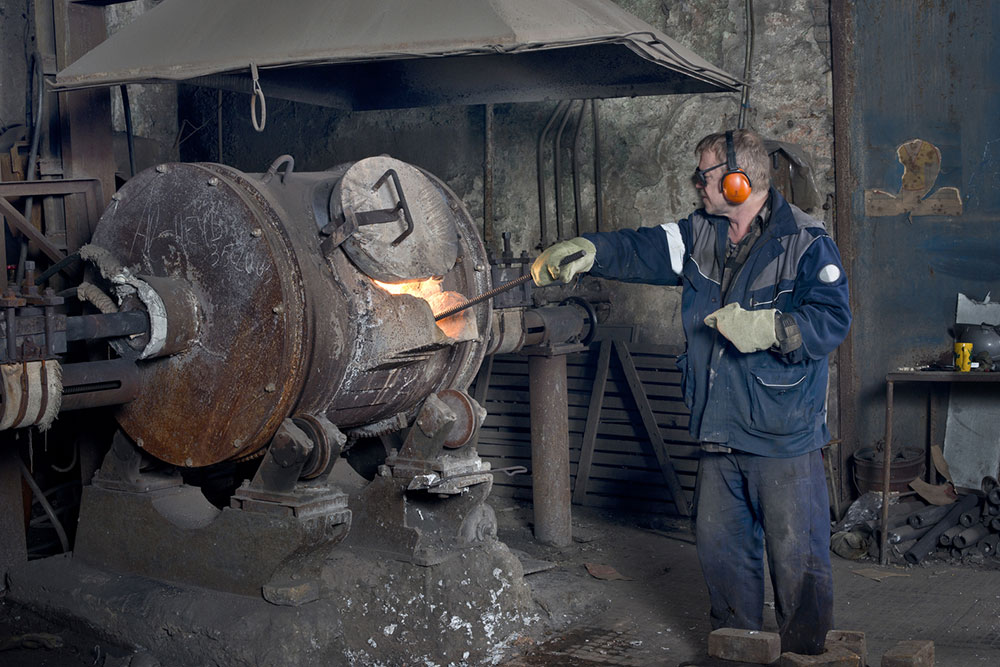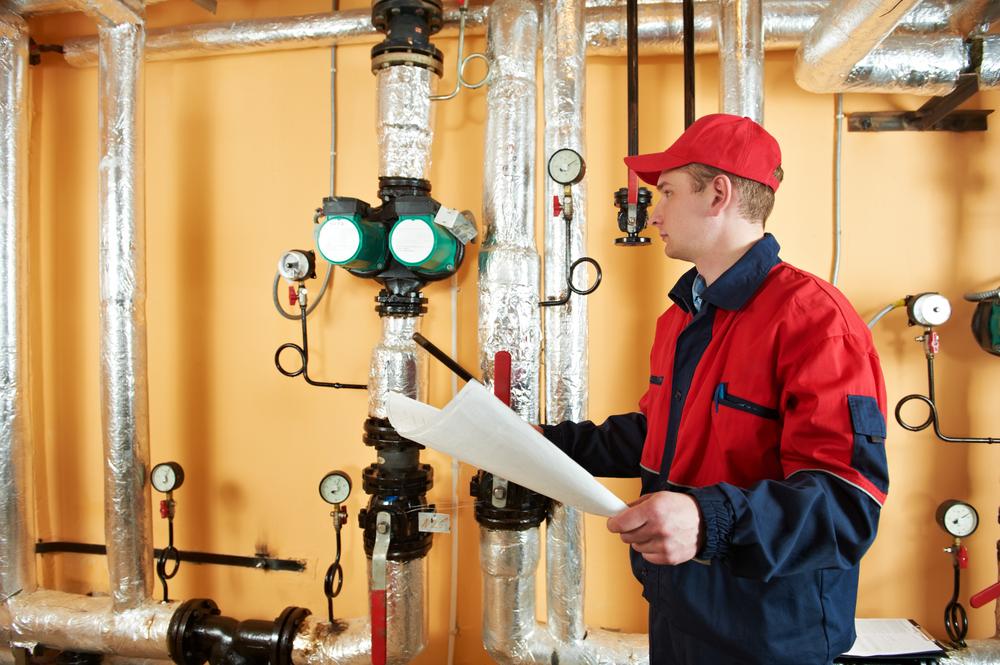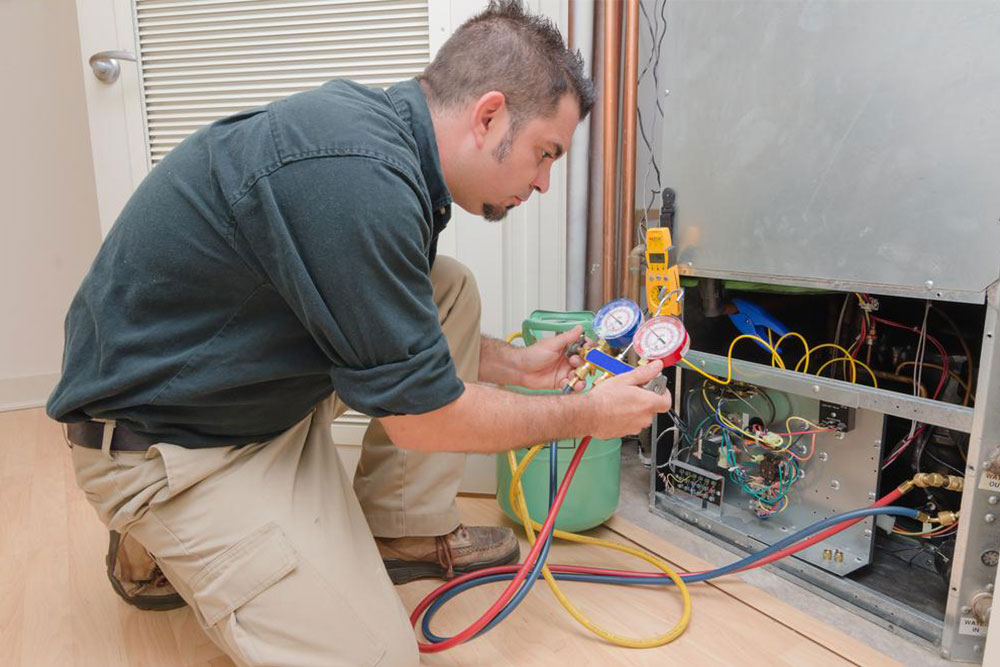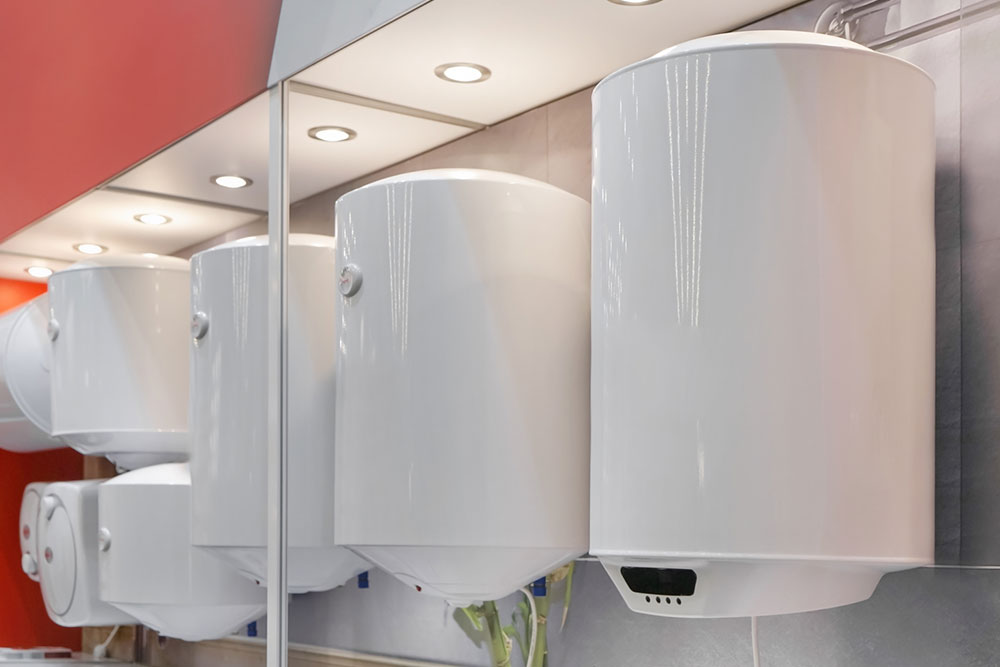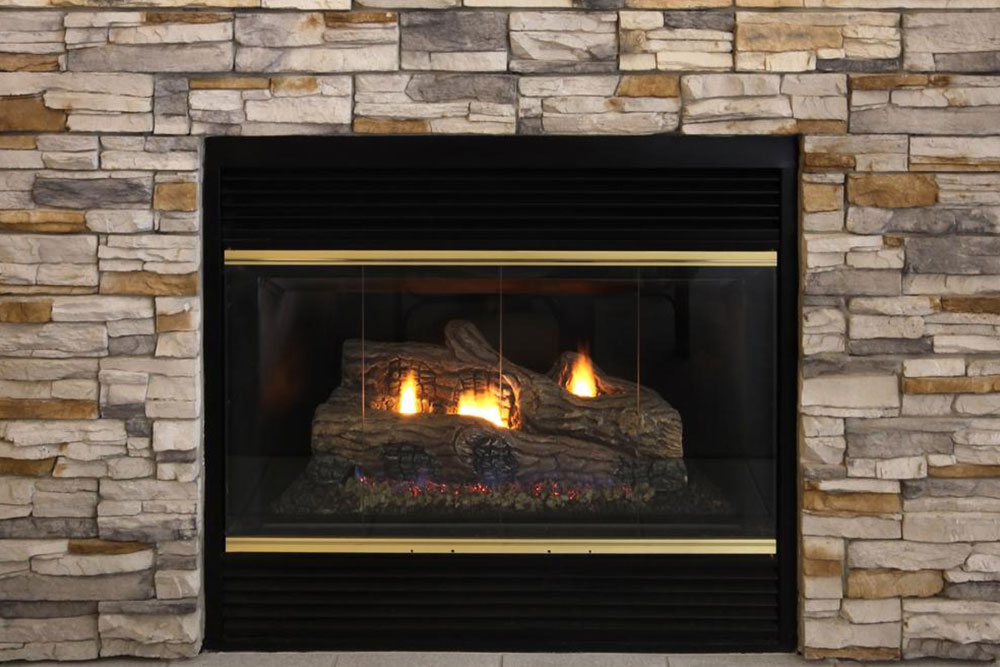Revolutionizing Home Heating with Geothermal Heat Pumps
Discover how geothermal heat pumps are transforming home heating by offering a highly efficient, eco-friendly, and cost-saving alternative. While initial costs are higher, the long-term benefits, including durability and lower operational expenses, make geothermal systems a smart choice for sustainable living.
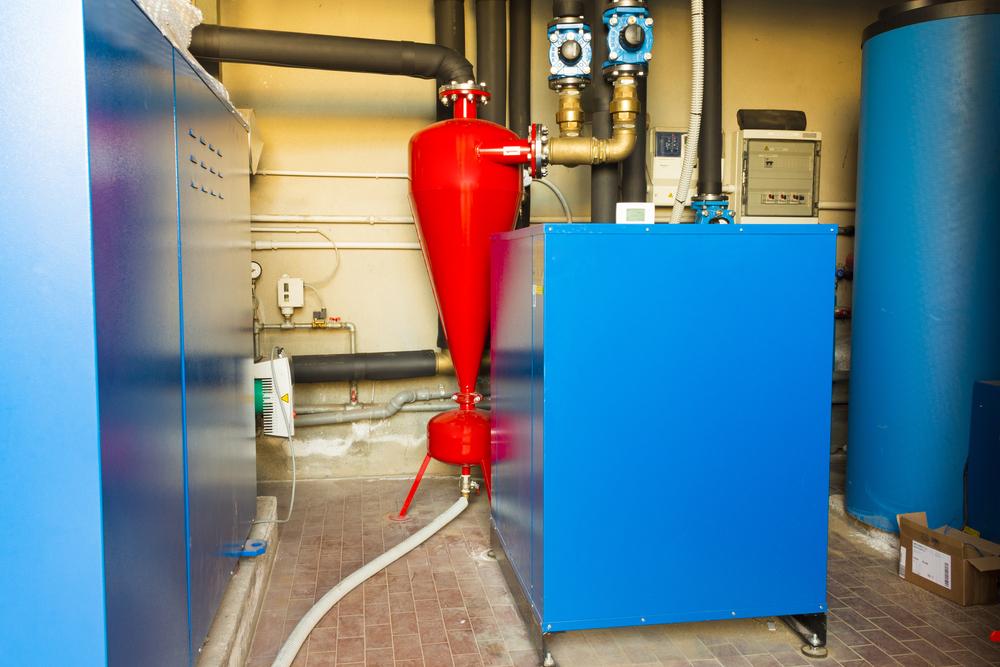
Revolutionizing Home Heating with Geothermal Heat Pumps
Geothermal heat pumps offer one of the most cost-effective heating solutions for homes, despite higher initial installation costs. If your energy bills are high due to propane, oil, or electricity, or if you're considering a new house, a geothermal system might be ideal.
These systems operate based on the consistent temperature just beneath the Earth's surface, approximately 50°F, regardless of outdoor temperatures.
During winter, ground temperatures are warmer than the air, and vice versa in summer. Ground-source heat pumps utilize this stored thermal energy by exchanging heat through a ground heat exchanger. They transfer heat from the ground to warm your home in winter and extract heat from the home to expel into the ground during summer. Unlike traditional systems that burn fuel, geothermal heat pumps simply move existing heat, making them significantly more efficient. They operate similarly to refrigerators, which transfer heat from inside to outside.
Although installing a geothermal system can be costly, typically ranging from $15,000 to $35,000 depending on soil type, land size, and accessibility, the long-term savings are substantial. New constructions tend to have lower installation costs, while upgrades can be 40-45% more expensive than conventional systems. The total cost varies based on the loop length and type.
Advantages of geothermal heating include:
Lower Energy Costs - Geothermal systems can reduce operational costs by 40-50%, saving money on maintenance.
Longevity - Indoor components last around 25 years, while the ground loop can endure up to 50 years, making it a highly durable investment.
Renewable and Environmentally Friendly - These systems don't involve onsite combustion, resulting in zero emissions of greenhouse gases like CO₂ and CO.

